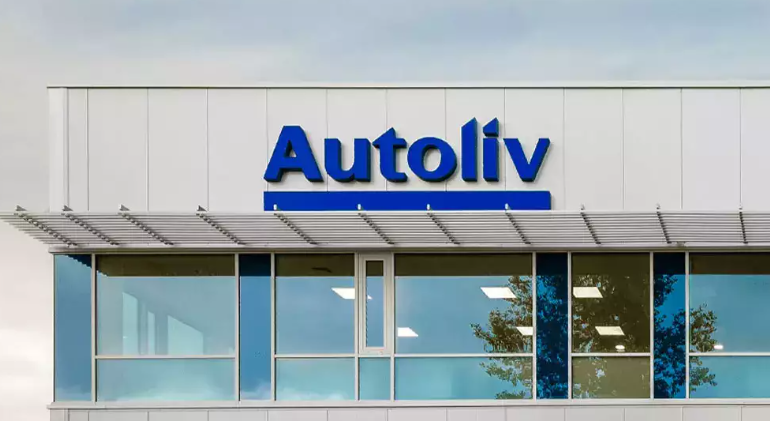
Autoliv , the world’s largest producer of car airbags and seatbelts, raised its annual sales guidance on Friday on the back of better light vehicle production (LVP) including passenger cars and pickup trucks.
Stabilisation of raw material prices and increased availability of semiconductors has meant LVP, disrupted by supply chain issues, has started to recover.
CEO Mikael Bratt said the company would increase its 2023 sales guidance to about 17% organic growth from 15%, citing the development of light vehicle production (LVP), to which it is highly exposed.
“LVP has developed better than expected, even with the UAW strike in the U.S. We have continued to see an improvement of supply chain stability throughout the year,” Bratt said in a statement following third quarter results which met expectations.
Bratt said although the supply chain was more stable there was still a deterioration in Europe in the quarter.
He was optimistic, though, that depressed global car production in Europe and the U.S. would eventually be restored. “But it’s more of a timing effect, our judgment right now is that the downside risk on the core production is limited,” he said in an interview.
The company maintained its adjusted operating margin expectations of around 8.5% to 9%.
Autoliv shares were down 1% at 1318 GMT having risen about 17% in the last 12 months, recovering significantly from a steep fall in 2020.
Despite unusually high cost inflation that has squeezed Autoliv and other car industry suppliers in recent years, the Swedish company has managed to pass on a large amount of the costs to its customers.
Bratt said Autoliv had a few remaining price negotiations, which were going well and where he expected to be able to compensate for increased costs.
Autoliv saw a small positive effect from raw material prices for the first time in several quarters, Chief Financial Officer Fredrik Westin said in a call to analysts. He said they expected raw material prices to fall further, which could benefit its customers.
“When raw material costs come down, we will then also adjust our prices accordingly,” Westin said, but said there would be a time lag before Autoliv would feel the full benefits of reduced cost.
The company announced a cost-cutting programme earlier this year, including closing down some plants and cutting 8,000 jobs.
Autoliv expects its adjusted operating margin to rise by around 1.5 to 2 percentage points in the fourth quarter from a year earlier.
Its operating profit, adjusted for restructuring, litigation and other non-recurring costs was USD 243 million in the quarter, from USD 173 million a year earlier and in line with analyst estimates of USD 242 million.

